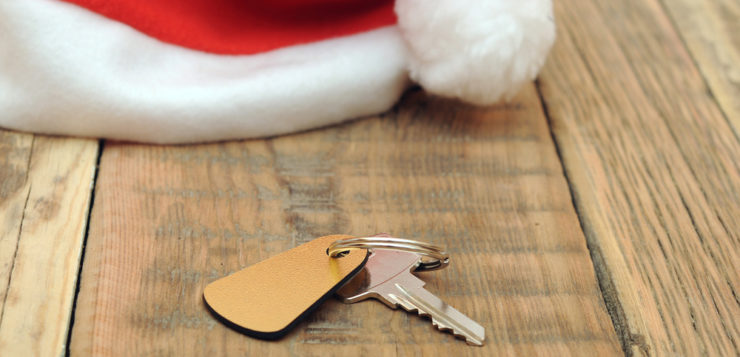Subletting can be a quick and easy way to make money while you’re not living in your student accommodation, but there can be complications when it comes to doing so. Here are a few precautions you should take to make sure everything that you do is responsible and, crucially, legal.
What type of contract do you have?
Usually, tenants need to ask their landlord’s permission before subletting a room or even a whole house and this depends on the type of contract you and your landlord have agreed on. Whether you’re on a secure or flexible contract, you usually have permission to rent part of your home. If you sublet part of your home without written permission, you will be in breach of your contract and this can cause a number of unwanted problems. In this scenario, you will not have the lawful right to sublet your entire home and if you do this it could lead to eviction, so make sure that you do obtain permission!
 Advertise your room wisely
Advertise your room wisely
Stick with websites that catered specifically for advertising rooms and accommodation in the area that you are living in. Easyroommate is safe and reliable and will find you a friendly and responsible subtenant in no time at all. It’s best to meet up with any potential subtenant before you agree to let them move in over the Christmas period. To be extra safe, invite your landlord to come along too.
Get everything in writing
Although a verbal contract is binding by law, it is not recommended that you enter into a subletting agreement without getting it in writing. There are a few things you need to make sure you get in writing when subletting.
 Firstly, your landlord’s written permission that he/she is allowing you, their tenant, to sublet part of the home in which you are living to another person. Secondly, a wise idea is to draw up a contract between you and the subtenant so that you have evidence of the exact dates you are planning to sublet to and from.
Firstly, your landlord’s written permission that he/she is allowing you, their tenant, to sublet part of the home in which you are living to another person. Secondly, a wise idea is to draw up a contract between you and the subtenant so that you have evidence of the exact dates you are planning to sublet to and from.
Ensuring a safety deposit
As a tenant who is subletting their property to another, you are the one responsible for any damage that your subtenant may cause to the house. Asking for a safety deposit is a sensible way of ensuring that any damage that may occur can be paid for without costing you money. For more information on this, refer to the Landlord and Tenant Act 1985.
 What happens if you illegally sublet?
What happens if you illegally sublet?
Be aware that illegal subletting will break the terms of your tenancy agreement and you could be evicted and in extreme cases, prosecuted under criminal law. The same rule applies to your subtenant. If you are found to be illegally subletting to another person, the landlord of the property is well within their rights to evict this person without a possession order (any formal notice) as they are technically a trespasser on the property. If the head landlord is a council or housing association, however, they should give this person time to make alternative housing arrangements, particularly if they were unaware that their situation was a sublet.
So if you’re heading home over the Christmas holidays and are thinking about subletting your student room, make sure you stick with these snippets of advice to make sure that everything goes smoothly.






